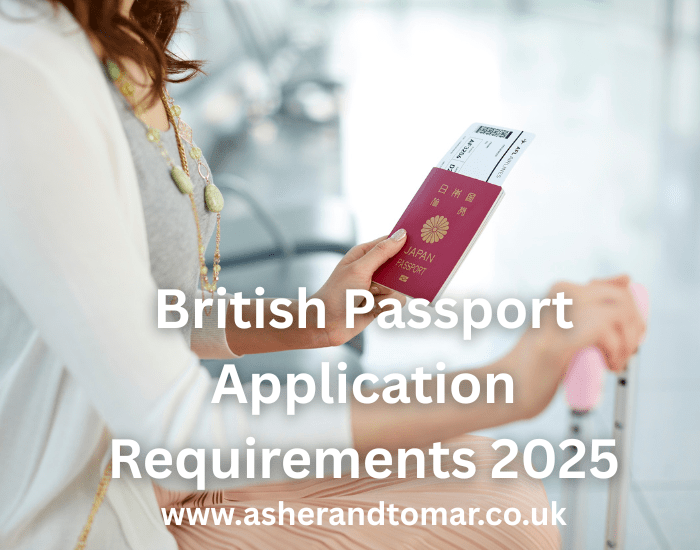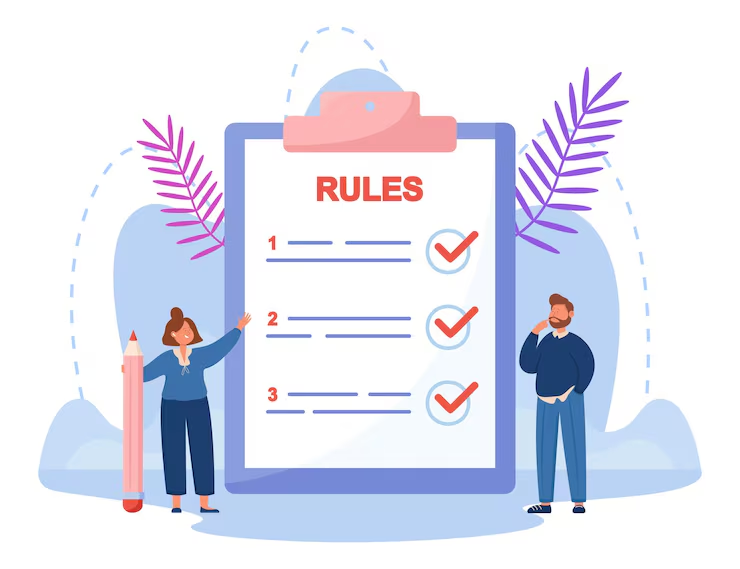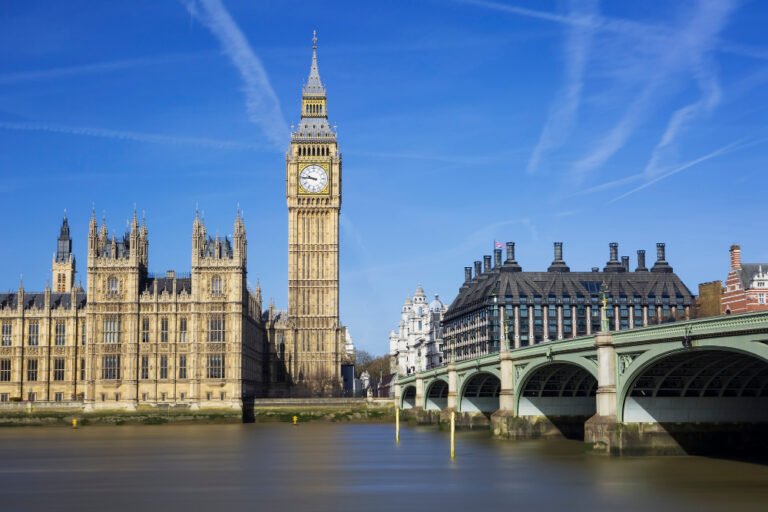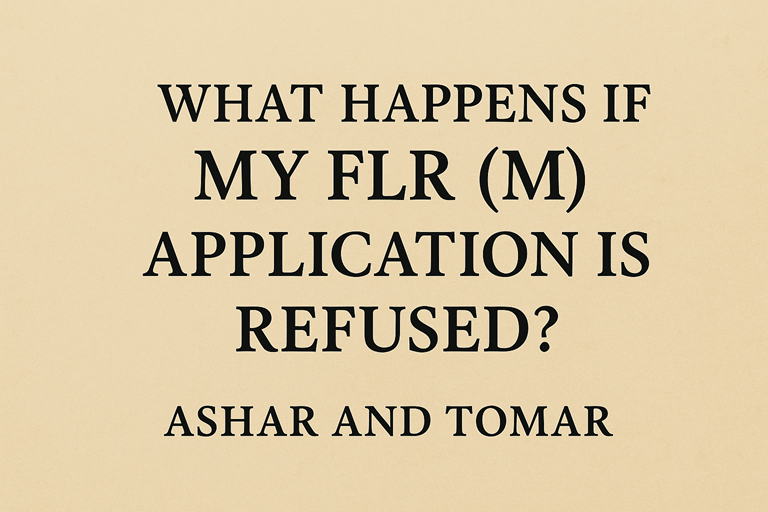Applying for a UK visa is often a multi-step process, and for many applicants, a visa interview is a crucial part of that journey. If you’re planning to apply for a UK visa, knowing how to prepare for the visa interview can increase your chances of success. This comprehensive guide will walk you through the process, offering tips, important long-tail keywords, and strategies to help you confidently navigate your UK visa interview. What is a UK Visa Interview? A UK visa interview is a formal meeting between an applicant and a visa officer or consulate official. The purpose of the interview is to verify the information provided in the visa application and ensure that the applicant meets the necessary requirements for the visa type they are applying for. It also helps the visa officer assess whether the applicant’s intent aligns with the visa guidelines, such as whether the individual intends to return to their home country after their visit. Not all UK visa applications require an interview. However, applicants for certain visa categories, such as Tier 4 student visas, spouse visas, or work visas, may be called for an interview as part of the processing procedure. Why is a UK Visa Interview Required? A UK visa interview allows immigration authorities to: Asherandtomar.co.uk highlights that while the interview may seem daunting, it is an opportunity for the applicant to explain any unclear details in their application and show their genuine intentions. Types of UK Visa Interviews There are different types of visa interviews based on the category of visa you are applying for. Some of the most common interviews include: 1. UK Student Visa Interview If you’re applying for a UK student visa (Tier 4), the interview will likely focus on your educational plans, financial ability to support your studies, and whether you have intentions of returning to your home country after completing your course. 2. UK Work Visa Interview For work visas, such as the UK Skilled Worker Visa, the interview will emphasize your employment contract, qualifications, and intentions to work within the UK’s visa guidelines. 3. UK Spouse or Partner Visa Interview Applicants for a UK Spouse Visa may face more personal questions, such as the nature of their relationship with their partner, joint finances, and future plans. 4. UK Visitor Visa Interview Although visitor visas don’t always require an interview, applicants may sometimes be called in to discuss their travel itinerary, financial resources, and return plans. Preparing for a UK Visa Interview Asherandtomar.co.uk advises applicants to approach their UK visa interview with thorough preparation. Being well-prepared shows that you’re organized and serious about your visa application. Here are some key steps to prepare for your UK visa interview: 1. Review Your Application Thoroughly Ensure that you have a deep understanding of the information you provided in your visa application. During the interview, the officer may ask you questions directly related to your application, and any discrepancies could raise red flags. 2. Prepare Supporting Documents Bring all the necessary supporting documents, including your passport, visa application forms, financial documents, sponsorship letters, and other relevant paperwork. Having your documents in order demonstrates professionalism and ensures you are prepared to clarify any details. 3. Practice Common UK Visa Interview Questions Here are some commonly asked questions in a UK visa interview: Practicing these questions with a friend or in front of a mirror can help you feel more comfortable during the actual interview. 4. Dress Professionally First impressions matter. Wearing professional attire not only conveys respect for the process but also creates a positive image in the mind of the interviewer. What to Expect During the UK Visa Interview The UK visa interview is typically conducted in person at a consulate or embassy, though some interviews may be held online. The interview may last anywhere from 15 to 30 minutes. Here’s what you can expect during your interview: 1. Greeting and Introduction The visa officer will introduce themselves and ask to see your documents. They may ask preliminary questions about your application and background. 2. Questioning The bulk of the interview involves the visa officer asking questions about your application, travel plans, and circumstances. It’s important to answer truthfully and concisely. If you don’t understand a question, don’t hesitate to ask for clarification. 3. Document Verification In some cases, the officer may want to verify specific documents during the interview. They may ask you to explain the contents of a financial statement, a sponsorship letter, or other paperwork. 4. Conclusion At the end of the interview, the officer may give you an indication of when you can expect to receive a decision. They may also inform you if any additional information or documents are required. How to Succeed in Your UK Visa Interview Success in your UK visa interview largely depends on your level of preparation and honesty during the interview. Asherandtomar.co.uk provides the following tips to improve your chances: 1. Be Honest and Transparent Don’t try to hide or embellish details. If you’re caught lying or misrepresenting information, your visa application may be denied, and it could affect future applications. 2. Stay Calm and Confident It’s natural to feel nervous, but remember that the visa officer is simply trying to gather the information they need to make a decision. Take deep breaths, speak slowly, and stay focused. 3. Provide Clear and Consistent Answers Be consistent in your answers. If your answers contradict the information in your visa application or previous responses, the officer may question the credibility of your application. 4. Prepare for Personal Questions For spouse or partner visa applicants, the officer may ask more personal questions about your relationship to ensure it is genuine. Answer these questions candidly and with confidence. What Happens After the UK Visa Interview? After the interview, the visa officer will review your application and your answers during the interview. If everything checks out, you’ll be informed of the decision within the visa processing time. Asherandtomar.co.uk advises applicants to remain patient during this … Read more








